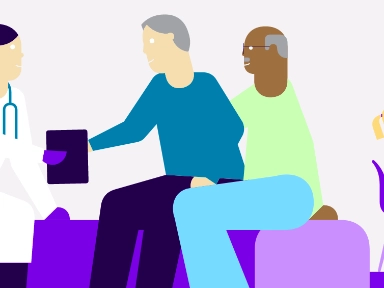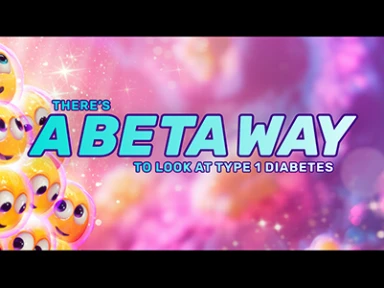
Nyheter
More information about Nyheter

FLUNITY-HD : the largest individually randomised influenza vaccine effectiveness study of its kind.
FLUNITY-HD is the largest individually randomised influenza vaccine effectiveness study, with nearly half a million older adults across multiple seasons.1



BRIGHT publication
The Bright study demonstrated similar efficacy and safety of Toujeo® (Glargine 300) compared to degludec (insulin degludec) in type 2 diabetes patients who had not previously received basal insulin1.


Defining ITP
Low platelet counts are one facet of ITP, but when we look at it from another angle, we see the multiple dimensions of ITP. ITP is a condition of complex immune dysregulation that reduces platelet counts—causing bleeding, bruising, fatigue, and other health-related quality-of-life (HRQoL) issues—while increasing inflammation and the risk of thromboembolic events (TEs).1-5

Living with ITP
Patients reported significant quality of life (QoL) challenges related to their ITP1

Assessing fatigue in ITP patients
For ITP patients, several scales are available to measure and track fatigue and its impact on quality of life. These tools can help patients and healthcare providers gauge symptoms and adjust their ITP treatment accordingly.1-4
Leave site modal
Du er i ferd med å forlate campus.sanofi/no. Sanofi er ikke ansvarlig for innholdet på dette eksterne Nettstedet.
Jobber du innen helsevesenet?
Denne nettsiden inneholder informasjon som er kun for helsepersonell som lege, tannlege, offentlig godkjent sykepleier, farmasøyt, optiker, tannpleier, samt studenter i disse fag.
